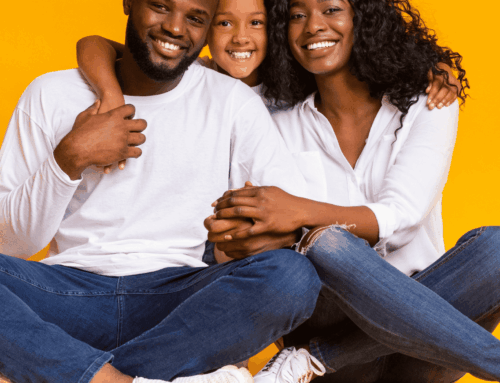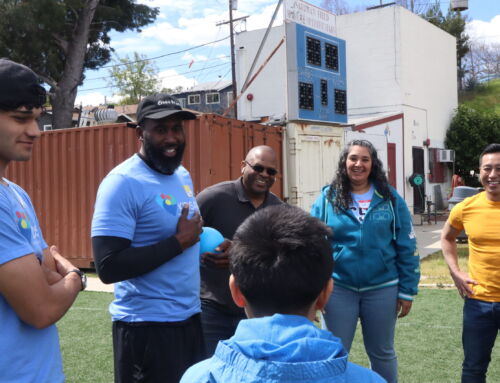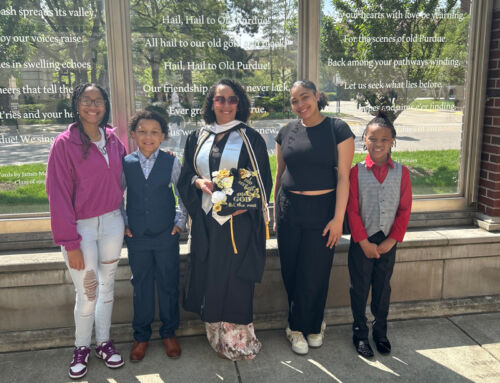
Access to affordable mental health care is essential for everybody, yet Black Americans are less likely to seek mental health support, leaving many needs unmet. This disparity isn’t necessarily due to higher rates of trauma, but it can be linked to barriers that make accessing care difficult. Addressing these challenges can improve mental health outcomes and help prevent Black children from entering and staying in the foster care system at disproportionally high rates.
There are multiple reasons members of Black communities may not seek care as often as other groups.
- Stigma in the Black community can create barriers to seeking mental health services. Resulting feelings and actions may involve shame or secrecy.
- Historical injustice, like the Tuskegee experiment, have led to distrust of the healthcare system, especially among Black men.
- Racial bias and lack of cultural responsiveness in the field of psychology. The lack of Black therapists can make it harder to find trusted practitioners.
- Less access to affordable health insurance.
Children in foster care experience higher rates of trauma, and Black children also face the added impact of racism. For Black children in foster care, this can mean an increased risk of trauma. Providing additional support and addressing their mental health needs can help improve outcomes for these children and their communities.
Below are some ways to introduce resources to members of Black communities for mental and emotional well-being.
- Find and provide culturally responsive care, starting with resources like BEAM, which offers access to virtual Black therapists, doulas, yoga instructors, mediators, and more.
- Find or create a culturally affirming support group with people who share interests and hobbies.
- Prioritize self-care and wellness.
- Bring awareness to the use of stigmatizing language around mental illness.
- Educate family, friends, and colleagues about the unique challenges of mental illness within the Black community.
- Become aware of our attitudes and beliefs toward the Black community to reduce implicit bias and negative assumptions.
Kidsave’s EMBRACE Project supports cultural connections for Black children in foster care. For more mental health resources for BIPOC, visit the EMBRACE Resources page.



